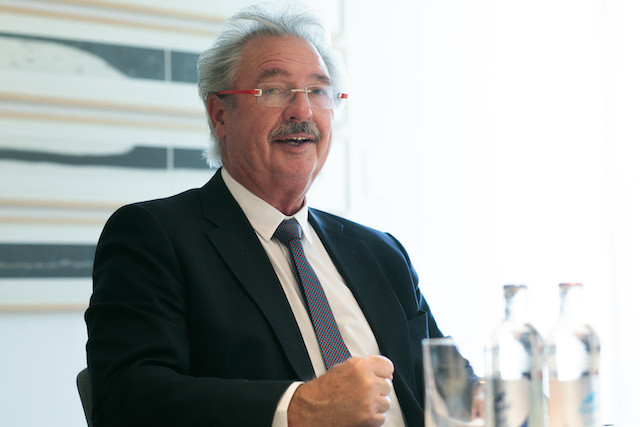The European Court of Justice in April said the countries had violated EU law by refusing to take in refugees as part of a 2015 mechanism aimed at relocating 120,000 refugees over a period of two years.
“The commission must react now,” said Asselborn, speaking at an event organised by the University of Luxembourg. The coronavirus pandemic could not be an excuse to draw the matter out, he said. “The Commission must declare itself ready to impose sanctions against these countries.”
Poland and Hungary refused to take in any refugees under the scheme while the Czech Republic failed to meet its quota.
Six months after the court decision “nothing has been done,” the foreign minister said. “I cannot accept this,” he added, saying it was up to member states to “remind the commission of its obligations.”
Asselborn said the Court of Justice should be an “immovable pillar” to uphold EU law, unencumbered by political pressure that the commission and the European Parliament are subject to.
A migrant pact proposed by the European Commission has already been shot down by countries including Poland and Hungary but also Austria who want a tougher stance on asylum seekers.
The plan foresees a three-pronged approach: more effectively sealing off Europe’s borders, distributing migrants who make it through across the bloc and pouring funding into source countries to prevent migration from happening in the first place.
Rule of law
“I don’t see any amelioration in the future,” Asselborn said of the disagreements between members on migration. At the same time, he said he wanted to give talks on the commission proposal a chance.
“Flexible solidarity” won’t work, Asselborn said, adding that it would leave the burden with Greece, Italy, Malta and Spain where most migrants arrive by sea. Only three EU countries so far have, for example, volunteered to take in migrants from a rescue ship that docked in Sardinia on 24 September, according to Asselborn.
The foreign minister also commented on rule of law proceedings against Hungary and Poland, calling the situation “extremely complex” and “delicate”.
There is an institutional deadlock over trying to link EU funds for member countries to the respect of the rule of law. Hungary and Poland--both currently under rule-of-law probes--have pushed back against the plan.
“There are billions at stake,” Asselborn said. “Tomorrow’s Europe cannot be a Europe of those who don’t respect the rule of law, who don’t respect an independent judiciary, an independent press and the separation of powers.”
